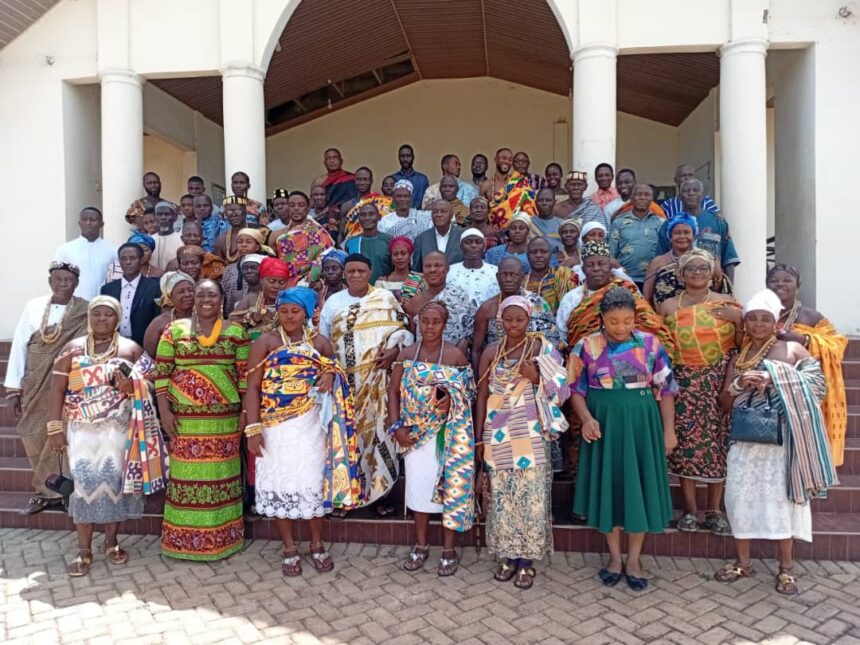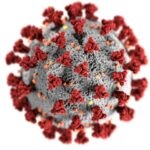Teenage pregnancy rates in the Akatsi North District of the Volta Region have shown a remarkable decrease, dropping from 12.49 percent in 2021 to 7.79 percent in 2024, as reported by the District Health Director, Timothy Mahama. This positive trend was highlighted during a training session organized by the Volta Regional Department of Gender in Akatsi North District for Chiefs, Queen mothers, traditional leaders, and religious leaders in the Ave Traditional Area on June 19, 2025.
Mr. Mahama attributed this progress to the collaborative efforts of key stakeholders such as the Ghana Education Service, NGOs, the Ghana Health Service, and community leaders. This partnership has played a crucial role in addressing teenage pregnancy cases in the district, which previously ranked among the highest in the region.
The training session was part of Phase 3 of the Global Programme to End Child Marriage, aimed at supporting the implementation of Ghana’s National Strategic Framework. Traditional leaders were trained to combat harmful cultural practices and promote child protection within their communities. These leaders were tasked with implementing community-based action plans following earlier training sessions.
Intensive adolescent reproductive health education has been a key factor in driving the decline in teenage pregnancy rates. Civil society groups like Good Neighbours and International Needs have conducted peer counseling and outreach sessions, while the Ghana Health Service has trained local women to serve as frontline caregivers and referral agents, leading to positive outcomes in the community.
Mr. Mahama emphasized the importance of continued involvement from traditional and religious leaders to sustain this decline. While government and NGOs have made significant strides, local leadership remains crucial in changing attitudes and enforcing protective measures to safeguard the well-being of children.
Torgbui Fodi II, representing Torgbuiga Adogo Agbalekpor IV of the Ave-Xevi Traditional Area, highlighted the importance of education campaigns and parental engagement in reducing child marriage and teenage pregnancy. New bylaws now regulate behaviors such as loitering at night and the operation hours of eateries, with the traditional council resolved to prosecute adults who engage minors in sexual activity.
Madam Rubby Sitsofe Besagah, the District Chief Director of Akatsi North, urged parents to be more involved in their children’s lives and expressed concerns about the increasing number of boys under 16 involved in motorbike taxi operations.
While acknowledging the progress made, Madam Thywill Eyra Kpe, the Volta Regional Director of Gender, emphasized the need for youth empowerment in addressing sexual consent. She underscored that consent should be viewed as the power to say “no” rather than just the legal right to say “yes” at age 16, emphasizing the importance of informed decision-making and boundary setting.
In conclusion, stakeholders must continue to work together to educate young people about the consequences of their actions, promote healthy choices, and provide support and guidance. By fostering a community-based approach to child protection and empowerment, Akatsi North District can further reduce teenage pregnancy rates and create a safer environment for its youth.







